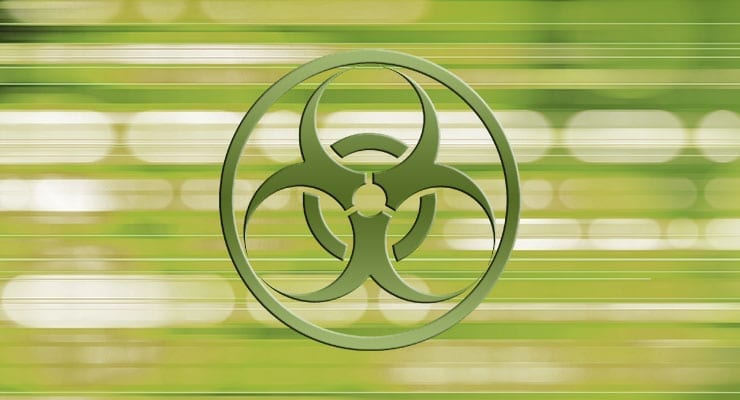The Pandemic and All-Hazards Preparedness Reauthorization Act (PAHPRA) of 2013 was signed into law yesterday by President Barack Obama. The legislation reauthorizes provisions of the Project Bioshield Act of 2004 and the Pandemic and All-Hazards Preparedness Act (PAHPA) of 2006 for an additional five years.
The law extends the mandate of the Biomedical Advanced Research and Development Authority (BARDA) to support medical countermeasure development for biothreat agents for possible inclusion in the U.S. Strategic National Stockpile. PAHPRA also enhances the authority of the U.S. Food and Drug Administration to support rapid responses to public health emergencies by clarifying that even before an event, FDA may issue an emergency use authorization to allow emergency use of certain products as medical countermeasures.
PAHPRA also provides funding for a variety of public health and medical preparedness programs. “With the reauthorization, communities can continue to count on our National Disaster Medical System, now more than 7,000 personnel strong, to bring medical professionals from across the country to provide care and support hospitals, shelters, and communities after a disaster,” stated Assistant Secretary Nicole Lurie from the U.S. Department of Health and Human Services.
The act grants new authorities to state health departments for more flexibility in dedicating resources to meet critical community needs in a disaster. States may now choose to temporarily deploy federally funded state personnel whose day-to-day jobs are not related directly to emergencies, to meet immediate urgent needs. For example, staff paid through HIV grant funding could be deployed for a short term to provide care for the public during a pandemic.
The Congressional Budget Office estimated implementation of the bill will cost $11 billion between fiscal years 2014 to 2018.


